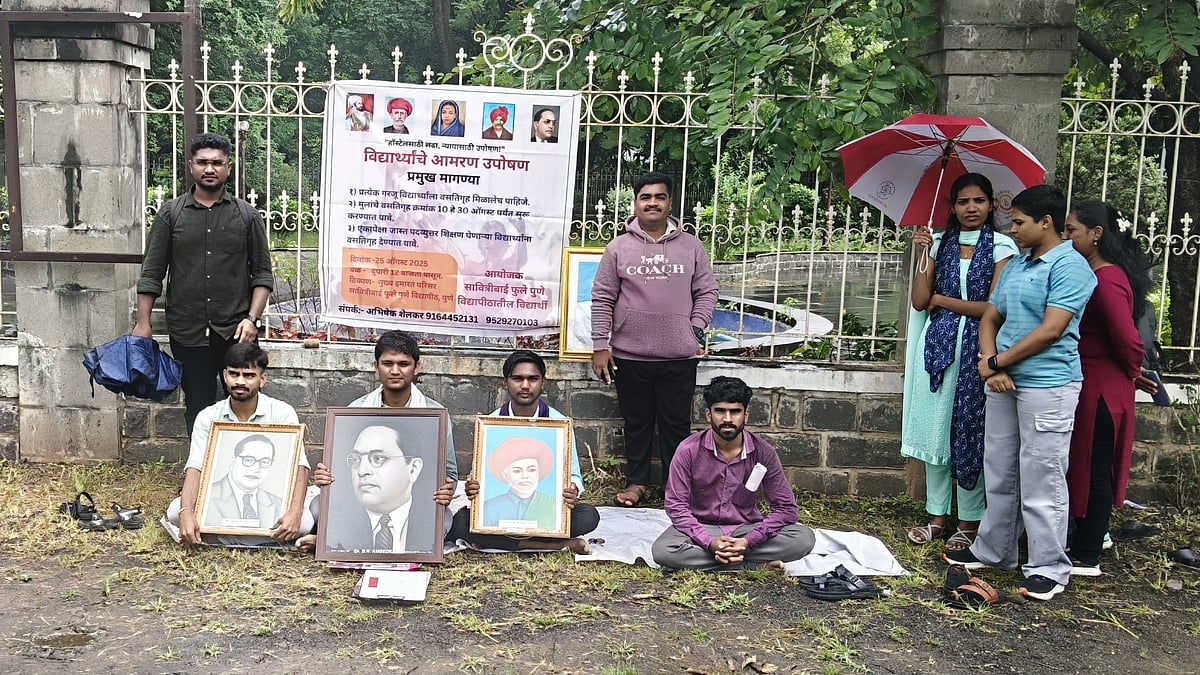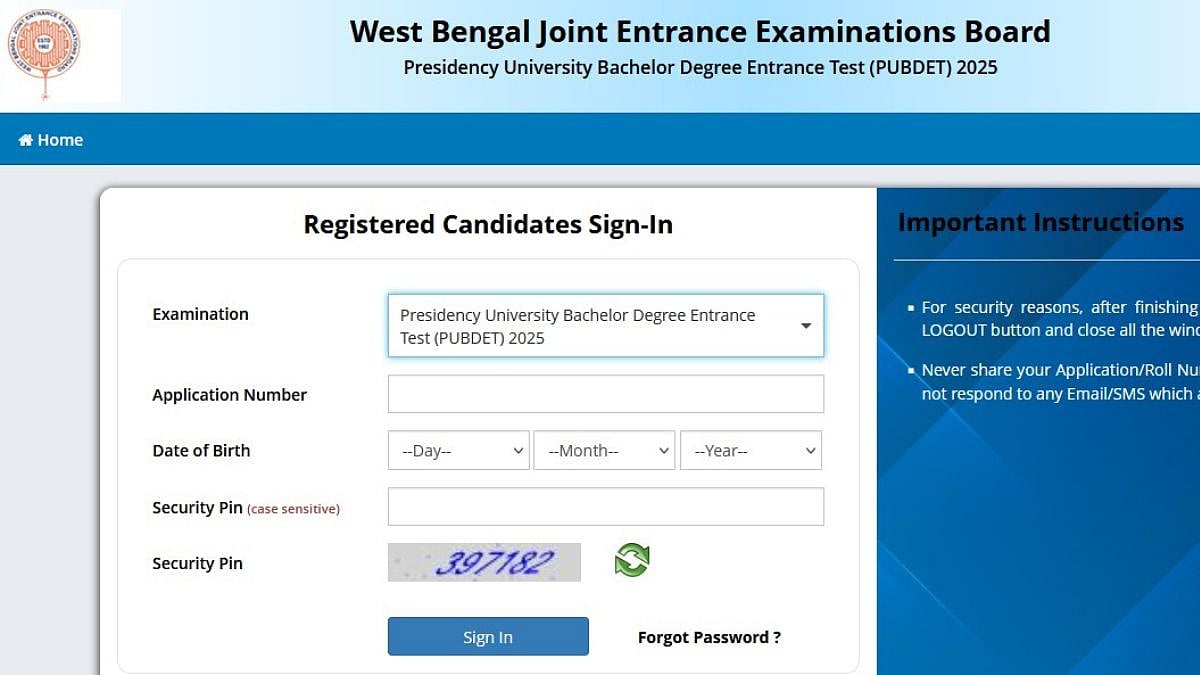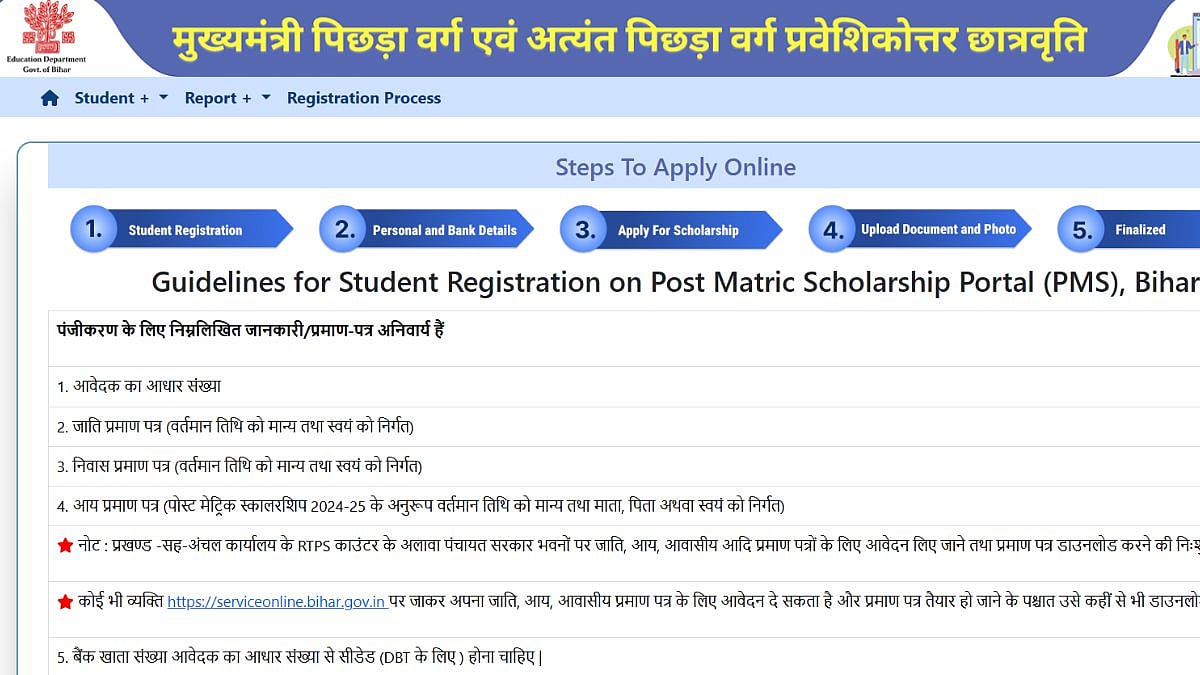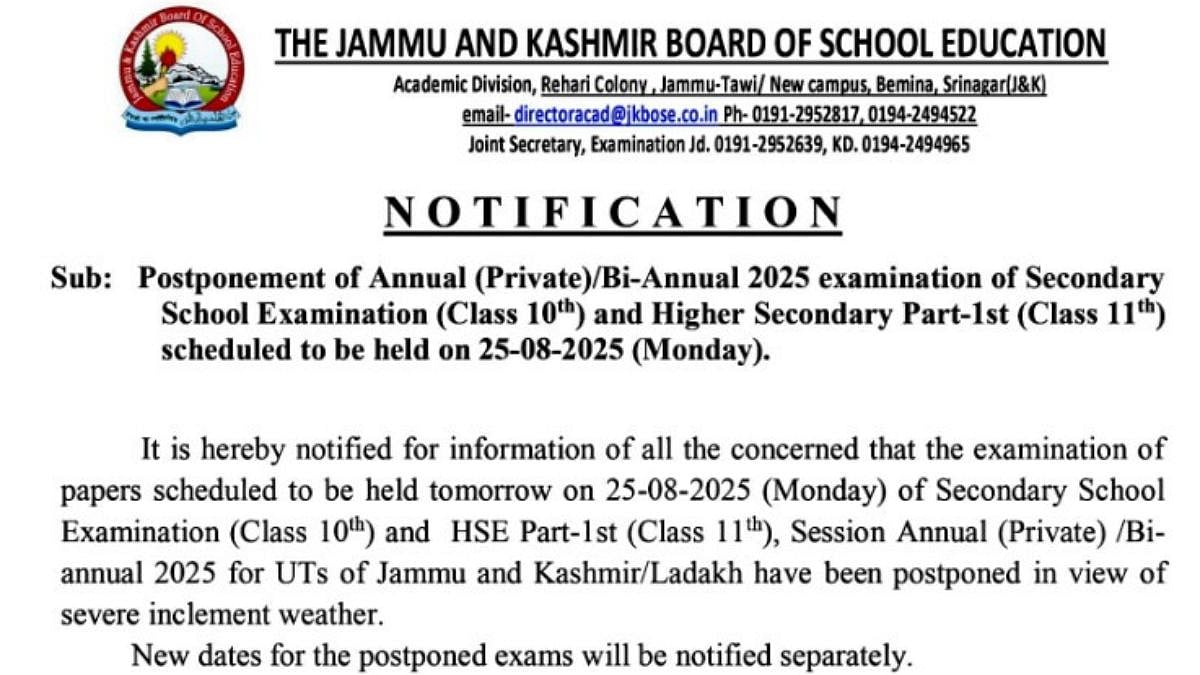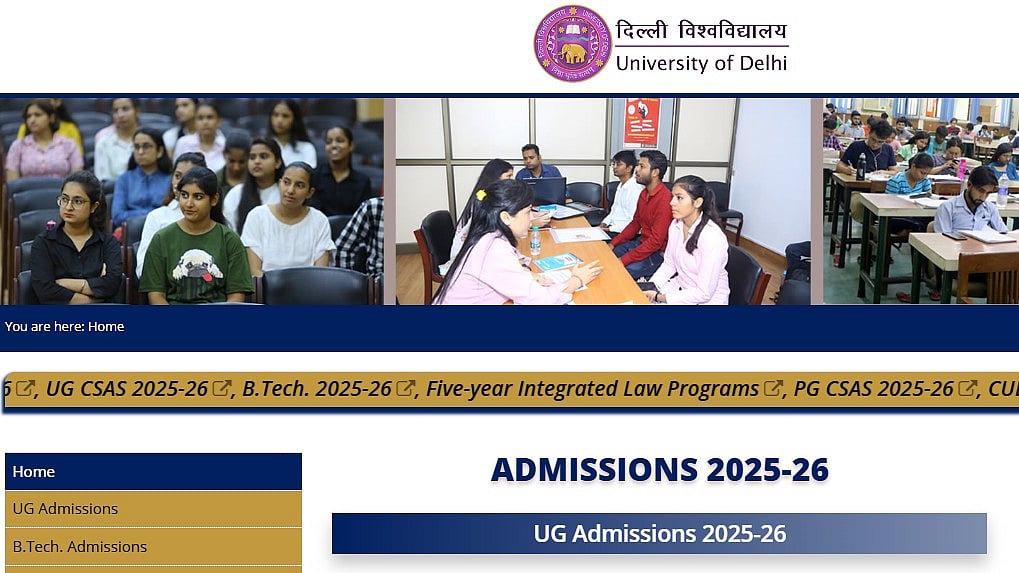Mumbai: The Free Press Journal held the FPJ Mumbai Schools Survey Awards on December 12th, at St Regis Hotel. Representatives from over 70 schools were present at the event to collect their trophies for being ‘outstanding schools’ across different categories. Amidst the event took place a panel discussion on the ‘Importance of inclusion in schools’.
The first panellist was Ms Gopika Kapoor, a parent advocate, an author, and a neurodiversity consultant. Ms Amrita Nair, a part of the founding team of the Apni Shala Foundation, was the second panellist. Ms Shamin Mehrotra, the Director at Ummeed Foundation and a senior mental health therapist served as the third panellist. Akanksha Foundation’s Gauri Kirtane Varikar moderated the panel discussion.
Here are some excerpts from the panel discussion:
Misconceptions and different perspectives related to Inclusion
Shamin Mehrotra: Inclusion is a journey. There’s no perfect starting point, there’s definitely no end point and there’s no perfect inclusive school.
I have been working with several schools for many years and a large part of the schools still feel that being inclusive means having children with diverse learning needs in the same classroom. But, inclusion is so much more about the social aspect that we actually don't get into, it's about mental health, bullying, and how are we engaging the child outside the classroom when they don't have any friends.
Gopika Kapoor: Referring to the 6 'F words' as proposed by Canadian organisation CanChild. These words are 'Fun', 'Fitness', 'Friends', 'Family', 'Function', and 'Future'. The words essentially talk about how for any child with a disability to be able to truly participate, they ought to have the 6 'F words' in their life. So for me, inclusion is all about participation.
Amrita Nair: There's enough and more mention in the New Education Policy about 'inclusion' and 'social justice'. One of the learnings that we, at Apni Shala Foundation, have had is that inclusion goes hand-in-hand with diversity and equity. When the three are truly being manifested in a school, there is a sense of belonging that takes place. Inclusion is mainly ensuring that students’ voices, stories, and experiences matter in the classroom. Equity then comes in when their voices might be heard and that where the power lies in a classroom full of students
For me, inclusion is building a sense of belonging.

FPJ Mumbai Schools Survey 2022
Struggles related to inclusion for neurodiverse children
Gopika Kapoor: I'll just talk about my experience. I have twins and my son has autism. I remember when he was younger, he was in a typical school and in a typical classroom full of neurotypical kids. However, a few months later we put him in a special school. He was in a class where the kids would be studying something and he would be doing something on the side with his shadow teacher. So I’d like to add ‘Belonging’ to Diversity, Equity, and Inclusion mentioned earlier in the discussion.
Amrita Nair: One thing is about the support that teachers or educators might need in terms of constantly upskilling or enhancing knowledge about what more can be done so that the classroom and the school remain inclusive. The other thing is more structural and systemic reforms within schools because sometimes issues are more about lack of time and prioritising things. If that doesn’t happen, we'll constantly keep on going in the same circular motion again and again.
Shamin Mehrotra: When talking about 'inclusion', it is important to make teachers feel included. Secondly, as educators, we really do need to take care of our mental health. Moreover, the idea and intention of wanting to be included is always there. But sometimes, what is intended and what actually happens in a classroom are two different things.
Experts' suggestions on how to make classrooms inclusive
Shamin Mehrotra: Starting with dialogues, beginning to converse, and being more open to this idea is where the start will come. What it will look like in every single classroom of the same school may be different. So, just giving proper thought to celebrating differences and diversity would at least be the beginning.
Amrita Nair: There should be more opportunities for teachers to go back to learning.
Gopika Kapoor: Asking for help from parents and keeping them involved in the classroom in some way might be helpful.



